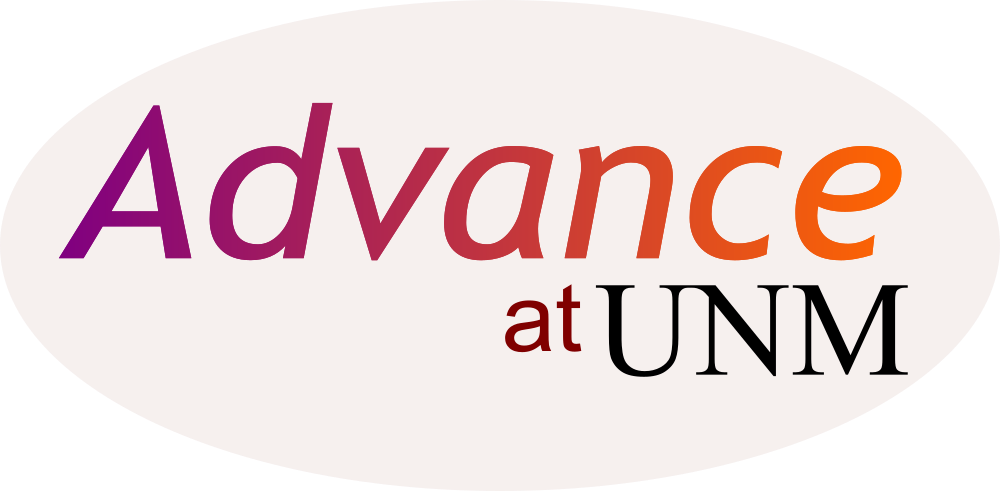STEM Shoutout: Dr. Rosa Vallejos
Linguistics professor chosen as UNM Presidential Teaching Fellow
Dr. Rosa Vallejos, a UNM associate professor of Linguistics, was recently recognized as the UNM 2021-2023 Presidential Teaching Fellow.
“Being selected for this award is in fact the result of a series of events directly related to education,” she said. “I was born and raised in Lámud, a little town of about 2,000 people in the foothills of the Peruvian Andes. I come from a humble family, my parents, sisters and brothers never went to college. But my father was a true believer in discipline as a strategy to advance in life, and my mother believed in goals, dreams and the perseverance required to achieve them.”
Vallejos, whose research interests revolve around indigenous languages, often conducts fieldwork in the Amazon where she collaborates with speech communities in their language revitalization efforts.
“I study indigenous languages and varieties of Spanish, and over the years have compiled bodies of data on Kukama (Tupian language), Secoya (Tukanoan language), and Amazonian Spanish,” she said. “My current research projects deal with the conceptualization of space in the Amazon, with a focus on the expression of static and dynamic location.”
Vallejos said she uses her research experiences and data from the Amazon as means to train students to become better researchers.
“I particularly enjoy introducing students to new languages. I do that by using both novel data sets and my own stories about life in the field as an invitation to open their minds to appreciate the linguistic and cultural diversity in the world.”
Vallejos said her approach to teaching has evolved significantly since she got involved in higher education and enables a high level of student engagement.
“My pedagogical practice is inclusive, it entails knowing who my students are. I plan every course with UNM students in mind: diverse in ethnicity, cultural heritage, socioeconomic standing, etc. I routinely customize my classes to respond to the students’ needs as much as possible,” she said. “My teaching is informed by the idea that learning is a process of active construction through experience, interactions, and reflection. I am in constant search for the best strategies to inject excitement into the learning experience, and to help students develop capabilities that would transcend a given course or a specific semester.”
The prestigious fellowship “promotes excellence in teaching by establishing a core group of faculty who are given the highest recognition for their effective teaching,” according to the UNM Center for Teaching Excellence website.
In her nine years at UNM, Vallejos has also mentored several future linguists, social scientists and language activists.
“I truly enjoy working with students, particularly designing research projects, and writing journal articles and research grants. My students all have obtained multiple sources of funding, which has enabled them to carry out their research, oftentimes in remote locations, working with indigenous peoples of Latin America,” Vallejos said. “This year I have mentored two students in particular in several aspects of linguistic research, including the use of various software for language description and documentation. The three of us were awarded field research grants from the Latin American and Iberian Institute to conduct research projects in the Amazon of Peru. We had to put those projects on hold because of COVID-19.”
She said the shift to remote learning in 2020 due the COVID-19 pandemic has also highlighted the need for increased awareness and understanding of evidence-based approaches to the method and practice of teaching.
“In this context, I designed Language Documentation during the Summer of 2020 which is the creation, annotation, preservation, and dissemination of transparent records of a language. It emerged as a response to language endangerment, and to support the efforts of speech communities to preserve their languages,” Vallejos said. “I offered this course for the first time in the Fall of 2020. Creating a learning community and promoting interaction among the class participants, and interactions between the students and myself was key in this class. This class was also innovative regarding assessment.”
For example, Vallejos said students went beyond the traditional final paper and created a variety of products, including podcasts, opinion-eds and research grants.
“To discuss examples of ongoing language documentation projects, we invited documentary linguists working in different regions of the Americas. They joined us via Zoom on three consecutive Mondays. I carefully selected these speakers in order to hear different voices and expose students to a variety of perspectives in the field. In sum, this class was a success and I hope to offer it again soon.”
“For me, the Presidential Teaching Fellowship is an opportunity to contribute to enhancing the teaching and learning environment at UNM. Our students are diverse in every sense. Nearly half of them are first-generation students, like myself. It is common to assume that students enrolled in advanced classes have already developed the necessary skills to complete complex assignments or conduct independent projects. However, those expectations disproportionately disadvantage students from low-resource backgrounds, or students who have traditionally been excluded from academia,” Vallejos said. “I hope to contribute to a culture that encourages students to ask for help. I am extremely grateful for the support I have always had from my department, and for the generosity of my amazing colleagues and students.”

